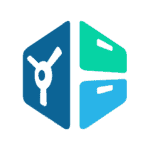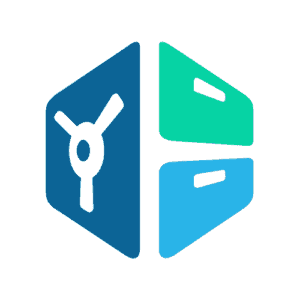US Department of Defense experimenting with blockchain technology as possible cybersecurity solution.
The Department of Defense, in its report ‘DoD Digital Modernization Strategy: DoD Information Resource Management Strategic Plan’, released July 2019, states it is experimenting with blockchain as a means of secure communication between personnel and also as a way to create unhackable code.
“The Defense Advanced Research Projects Agency (DARPA) is starting to experiment with blockchain to create a more efficient, robust, and secure platform using a blockchain protocol that will allow personnel from anywhere to transmit secure messages or process transactions that can be traced through numerous channels of a decentralized ledger. The application will be used in different ways, including facilitating communication between units and headquarters, and transmitting information between intelligence officers and the Pentagon. DARPA also has been trying to develop an unhackable code — which blockchain could facilitate — because the technology offers intelligence on hackers who try to break into secure databases.” — DoD Digital Modernization Strategy: DoD Information Resource Management Strategic Plan
Blockchain is a Distributed Ledger Technology (DLT), that is decentralized; information is available to all nodes (computers) on a specific blockchain and everyone in the network has a copy of the whole database. All transactions are encrypted and stored in blocks that are time-stamped and linked together chronologically. If a change is made you can’t rewrite a block. The change is stored in a new block and time-stamped. This process creates trust while also maintaining a high level of data integrity.
The sending and storing of important data in a decentralized database like Blockchain solve a critical issue of a centralized database that has a single, vulnerable point of access that makes it easier to hack. Data stored on a blockchain has no single point of attack for hackers. Blockchain’s transparent record-keeping system gives each node information on any potential hack attempts in real-time. Blockchain takes information, encrypts it, breaks it up into small chunks, and distributes it across the network If the info is hacked the hacker only gets a piece of the encrypted data.
Blockchain could ultimately be an integral piece for information management across many industries including cloud computing.
Brad Rosenberg, Co-founder & Chief Product Officer at FutureVault, a white-label, cloud document management platform provider for a variety of industries including finance, legal, insurance, government, etc — is looking at implementing a standalone FutureVault service that stores, validates and encrypts important documents utilizing blockchain. Blockchain transaction IDs would prove that documents were issued by the originator and are unmodified. Examples: Diplomas, tax returns, marriage certificates, wills, deeds, mortgages.
The FutureVault platform is a natural fit for a blockchain-powered document and transaction authentication service.
“Many companies are driven to be part of the blockchain technology trend and looking for ways to duct tape it onto their products. However, The FutureVault platform is a natural fit for a blockchain powered document and transaction authentication service. Having the ecosystem already in place; document storage, document collaboration, security and relations with institutions with the need to authenticate documents. Acting as the platform for an authenticated document escrow service is a natural fit.” — Brad Rosenberg, Co-founder at FutureVault
Blockchain adoption seems to be taking off; in a few years it will no longer be considered ‘emerging’ or ‘disruptive.’ Laymen will be able to differentiate blockchain technology from Bitcoin, the cryptocurrency that helped launch blockchain to fame.







